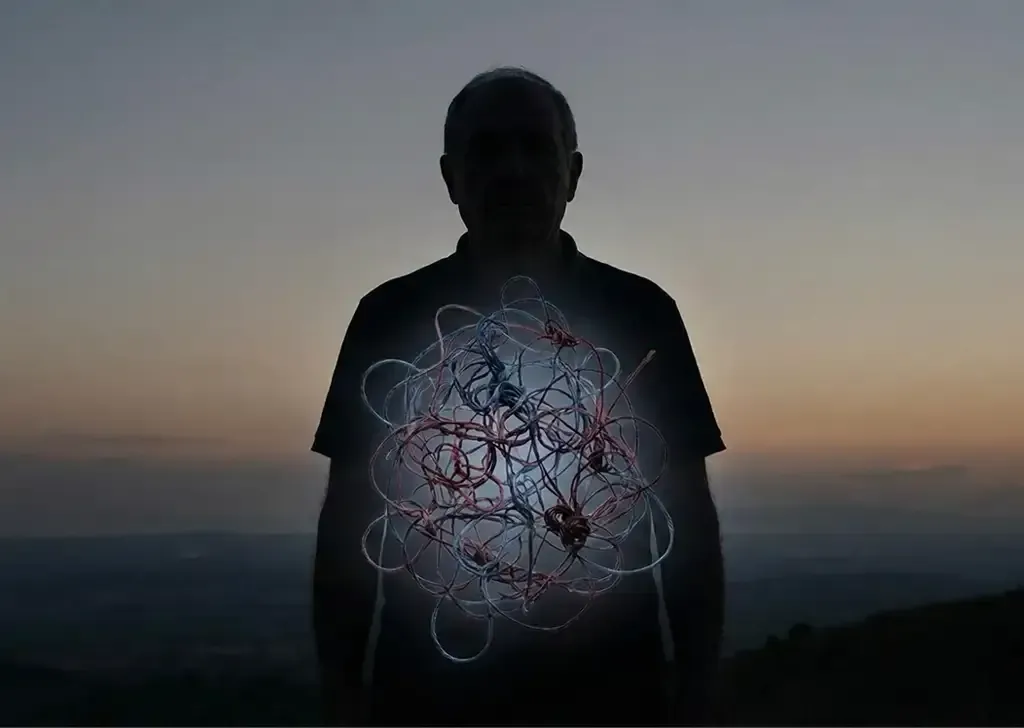Why Gay Men Struggle with Perfectionism — and How to Let Go of It

Recent Posts
As gay men, many of us learned early on that being different could mean being rejected, mocked, or unsafe. So we adapted. We became charming, accomplished, witty, stylish — whatever it took to feel accepted. Over time, that adaptive skill became something else entirely: perfectionism.
I see it often in my work with clients — and I’ve felt it myself. The drive to have the perfect body, the ideal relationship, the beautiful apartment, the impressive career, the curated sense of humor. Beneath it all, there’s that quiet thought: If I can be flawless, maybe I’ll finally feel enough.
In The Velvet Rage, Alan Downs writes about how gay men often grow up navigating a world that tells us our authentic selves are too much, too different, too wrong. To cope, we build what he calls the “false self” — a polished version of ourselves designed to earn validation and avoid rejection. It’s brilliant as a survival strategy… until it starts to suffocate us.
Because perfectionism isn’t confidence — it’s fear in disguise. It’s the armor we build to protect ourselves from shame. Brené Brown describes perfectionism not as striving for excellence, but as “a shield.” It’s the belief that if we look perfect, act perfect, or live perfectly, we can avoid the pain of criticism, judgment, or abandonment.
And yet, that shield keeps us disconnected — from ourselves, and from the intimacy we actually crave.
Many gay men carry invisible layers of shame, not because we’ve done something wrong, but because we were made to feel wrong for existing. That shame doesn’t vanish just because we succeed; it hides underneath our achievements, whispering that it’s never enough.
Therapy is where we get to take off that armor, piece by piece. It’s the space to explore who you are beneath the performance — to rest without guilt, to fail without shame, to simply be without needing to prove your worth.
Letting go of perfectionism doesn’t mean lowering your standards; it means redefining what “enough” actually feels like. It’s shifting from performing to belonging. It’s learning to love the messy, human, imperfect parts of you that were never the problem to begin with.
The freedom you’re searching for isn’t waiting on the other side of “perfect.”
It’s waiting on the other side of self-acceptance.












